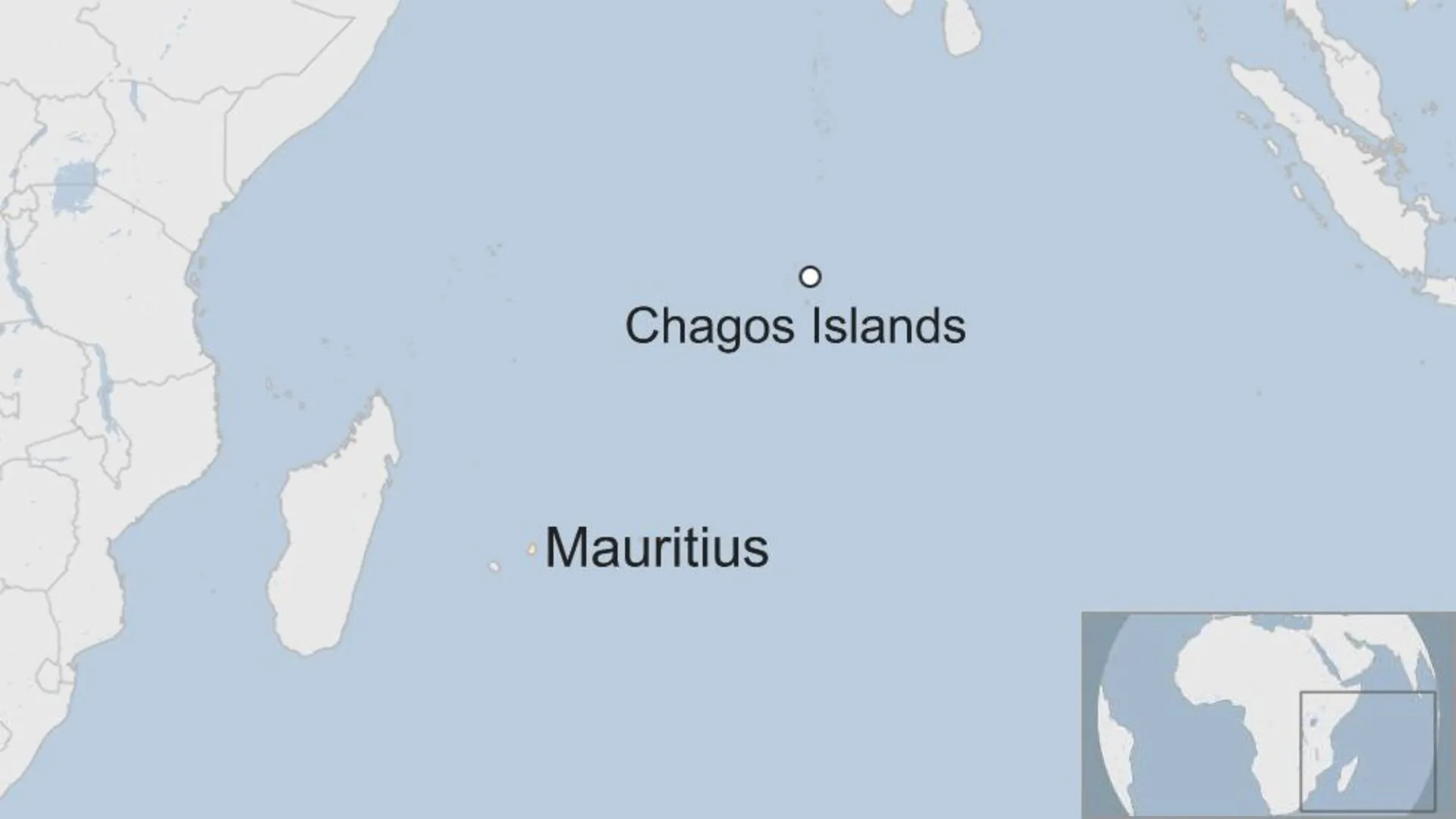Sake, deeply intertwined with Japan’s cultural identity, holds a special place in the nation’s traditions. Brewed in centuries-old mountaintop warehouses, enjoyed in pub-like izakayas, and served at weddings, this smooth rice wine is now recognized by UNESCO as part of the “intangible cultural heritage of humanity.”
At a meeting in Luque, Paraguay, UNESCO’s committee for safeguarding cultural heritage voted to include sake among 45 cultural practices and products worldwide. These included Brazilian white cheese, Caribbean cassava bread, and Palestinian olive oil soap. Unlike UNESCO’s World Heritage List, which highlights significant sites, the Intangible Cultural Heritage designation celebrates products and traditions deserving global recognition.
A Japanese delegation welcomed the announcement, with Takehiro Kano, Japan’s ambassador to UNESCO, stating, “Sake is considered a divine gift and is essential for social and cultural events in Japan.” The drink, enjoyed since the eighth century, was initially believed to ward off evil spirits.
Must Read: Princess Anne Brings Back Iconic 1985 Gown for State Dinner
Sake is made from just four key ingredients: rice, water, yeast, and koji—a rice mould that breaks down starch into fermentable sugars, similar to malting in beer production. The process, which spans two months, involves steaming, stirring, fermenting, and pressing, and can be arduous. For a sake to be officially categorized as Japanese, it must be made using Japanese rice, a symbol of the nation’s cultural identity.
The UNESCO designation celebrates more than just the craftsmanship of sake-making. It honours a tradition that dates back 1,000 years, with sake even making an appearance in Japan’s 11th-century literary classic The Tale of Genji as the drink of choice in the refined Heian court.
Officials are optimistic that the recognition will revitalize sake’s status as Japan’s premier alcoholic beverage, especially as younger generations gravitate toward imported wine, beer, and whiskey. “It means a lot to Japan and to the Japanese,” Kano said. “This will help to renew interest in traditional sake elaboration.”
Japanese Prime Minister Shigeru Ishiba also expressed his enthusiasm. In a statement, he said he was “delighted” by the recognition and congratulated those dedicated to preserving and promoting sake-making traditions.
Breweries across Japan are hopeful the recognition will also boost exports, as sake’s popularity grows worldwide alongside interest in Japanese cuisine. According to the Japan Sake and Shochu Makers Association, sake exports, primarily to the US and China, generate over $265 million annually.
Following the announcement, Japan’s delegation celebrated in true Japanese style. Kano raised a cypress box of sake to toast the brew and the rich cultural heritage it represents.
Also Read: South Korean President Yoon Suk Yeol Faces Impeachment Vote Amid Martial Law Controversy














